The 2023 Independent Review of the NDIS
The Final Report of The Independent Review Panel (co-chaired by Professor Bruce Bonyhady AM and Ms Lisa Paul AO PSM) was published on 7 December 2023. The full report, an easy read version, and guidance material is available here. For a summary of the Panel’s 26 recommendations, read my recent article.
In December 2023, the Prime Minister and State and Territory Governments agreed to an initial response to the NDIS review. This included introducing legislation changes in the first half of 2024.
Implementing the Government’s Response to the Review’s Recommendations
On 27 March 2024, the Government introduced the National Disability Insurance Scheme Amendment (Getting the NDIS Back on Track No 1) Bill 2024 into the House of Representatives, where it was first and second read.
At the same time the House referred the Bill to the Senate Community Affairs Committee for the Committee’s its consideration. The latter is now accepting submissions from the public until 26 April 2024. It is required to report back to the House on the Bill by 20 June 2024.
The Department of Social Services (DSS) website contains the below broad description of the Bill:
The Bill represents the first tranche of several upcoming amendments to the National Disability Insurance Scheme Act 2013, to improve the participant experience.
The Bill provides governments, and the disability community, with a framework to start improving the scheme for NDIS participants. Reforms in the Bill include:
- taking a whole of person approach to participant support needs
- improving service quality and safeguards
- reforming participant pathways onto the NDIS and working towards a unified system of support for people with disability.
Many improvements will not take effect until a suite of changes are made to NDIS Rules and the legislative instruments that outline the detailed operation of the Scheme, which are made with the states and territories.
The DSS website DSS website contains a copy of the Bill, Explanatory Memorandum, Fact Sheet (including Easy Read version), Bill at a Glance and Frequently Asked Question documents.
Initial Concerns about the Bill
In my view, while the intent of the Bill sounds positive, the devil is always in the detail.
It was disappointing that the Government did not release a consultation draft of the Bill, to allow for considered stakeholder input into the “devilish detail” associated with the Independent Review, whose recommendations seem to be about enlarging the NDIA’s powers to reduce NDIS plan budgets under the guise of “reform”.
I am still trawling my way through the complexities and will publish more analyses shortly. However, I note below some of my initial concerns about the proposed changes.
First, the Bill proposes a new definition of “NDIS supports” to “give a constitutional basis for the type of supports that are appropriately funded by the NDIS and those that are not” (DSS “Bill at a Glance”, p 2). However, there are already Rules that provide guidance on this, and ultimately, what is appropriate for the NDIS versus another service system fund must be determined by the individual participant’s circumstances (ie, applying the s34(1) “reasonable and necessary” test).
Second, the Bill proposes a “reassessment of participant status” (DSS “Bill at a Glance”, p 2). Despite the public promise that the Government would never introduce independent assessments, this proposal seems to allow a backdoor method for the NDIA to force a participant to be assessed by a NDIA-commissioned “expert”.
Third, the Bill proposes to provide a legislative basis for “a control mechanism where participants overspend” (DSS “Bill at a Glance”, p 3). However, technically, a participant can never “overspend” a plan as the budget does not come with an overdraft facility. Some participants may exhaust their funding before the end of the plan period, but that is a permissible exercise of their choice and control. Furthermore, in many instances, participants are not overspending, they are spending their money on their “reasonable and necessary supports”, which have been underfunded, a fact which is often conceded by the NDIA during the AAT appeals process.
How to Voice your Concerns about the Changes
Please send me your views on the Independent Review recommendations and the new Bill via Contact – Special Voices. I would love to hear from you.
However, the best forum to express concerns is by writing to The Hon Bill Shorten MP, Minister for the NDIS or your local MP, or by making a submission to the Senate Community Affairs Committee by 26 April 2024 to inform its current review of the Bill.
Undoubtedly, the NDIS and those affected by it, are in for more changes.





